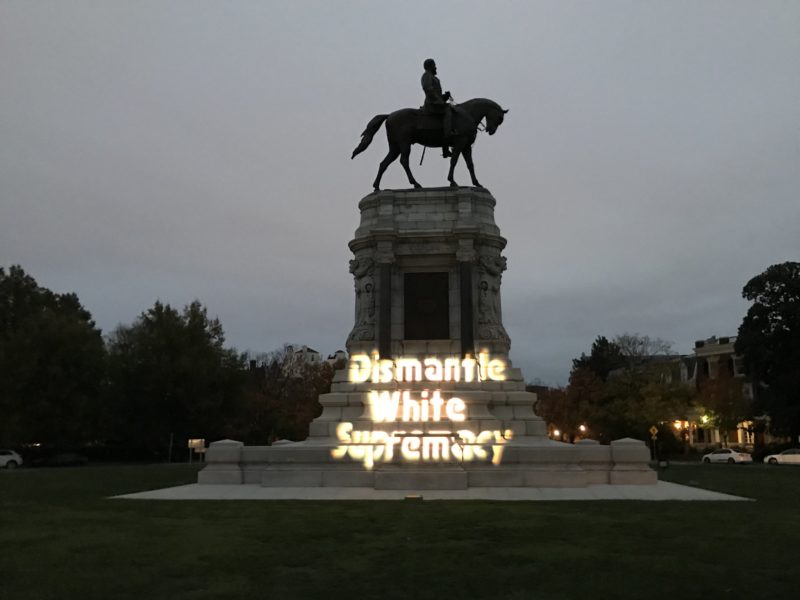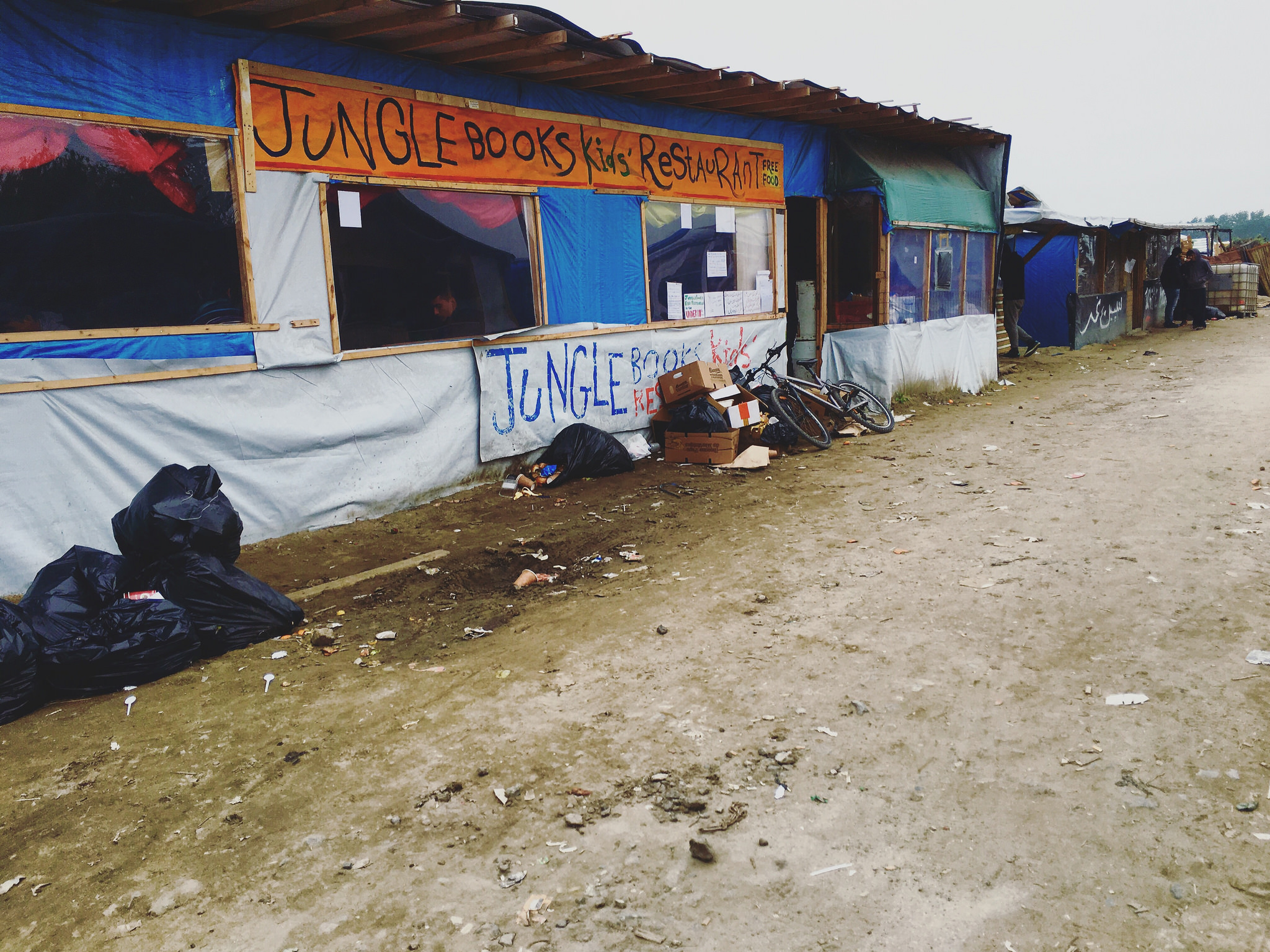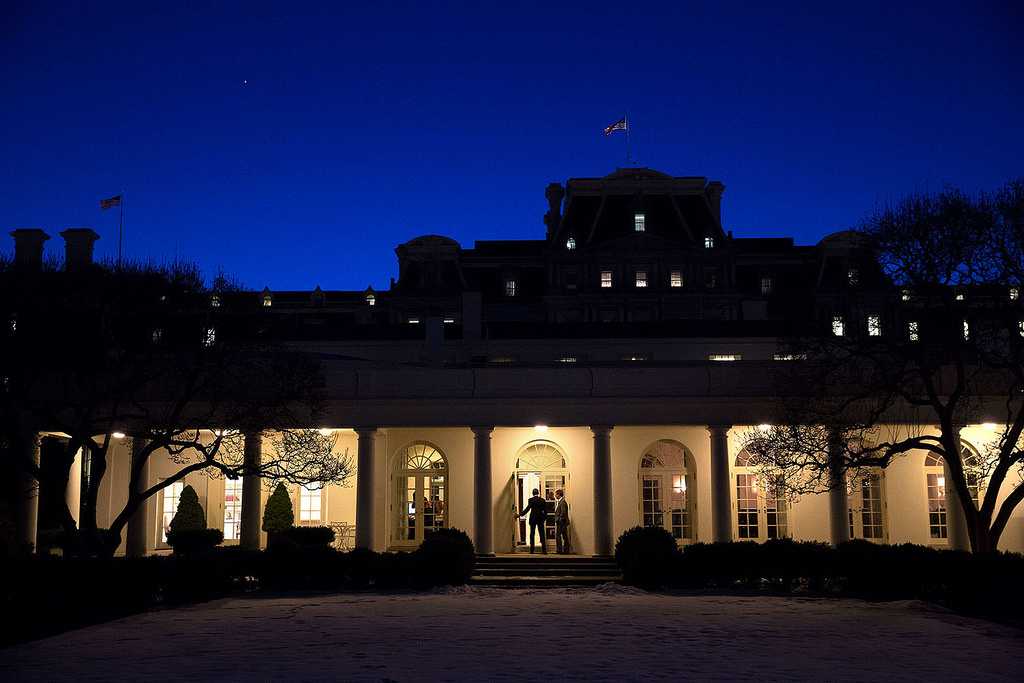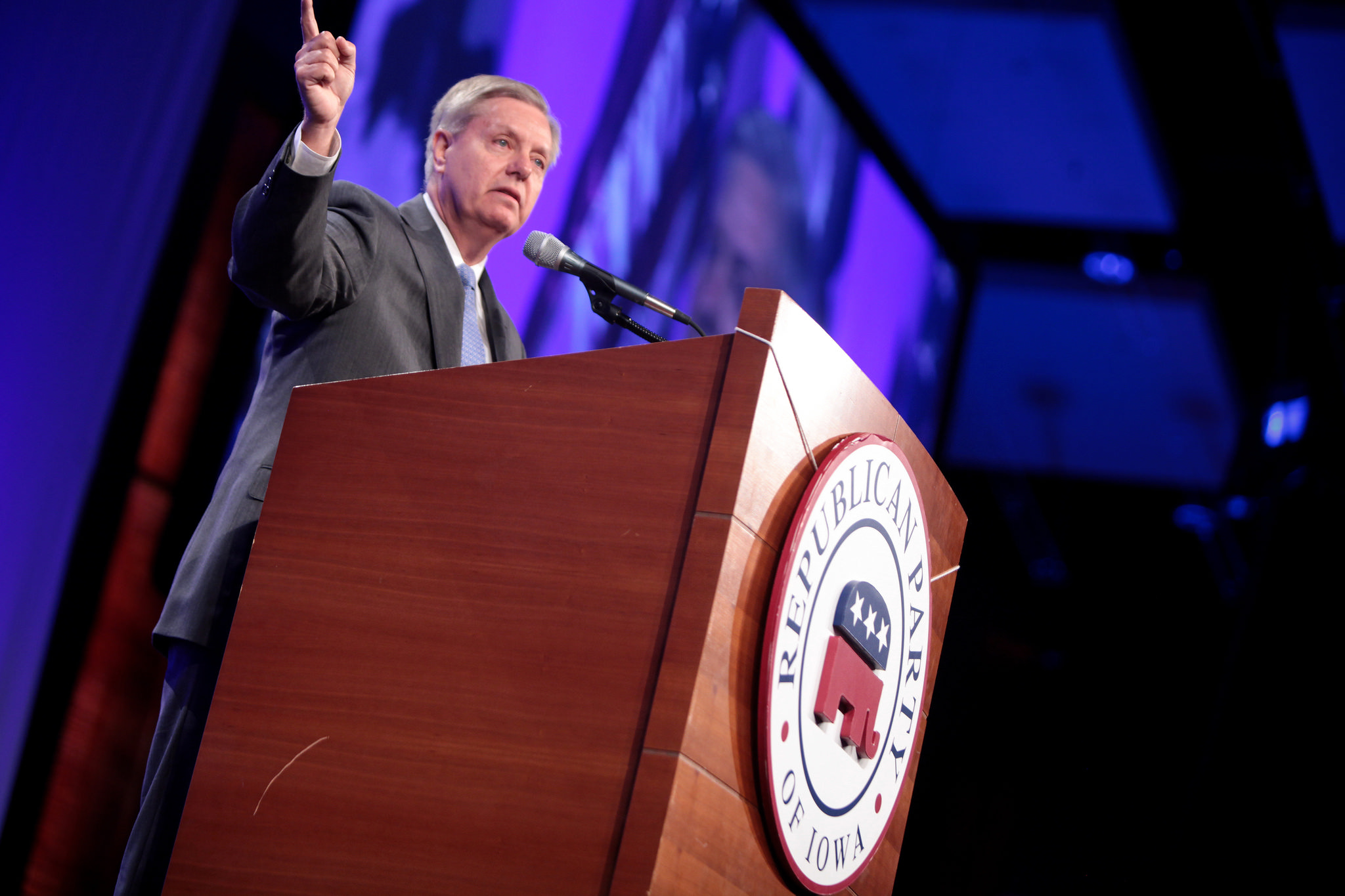By Navin Bapat
The risk of terrorism is often overstated. Americans are more likely to die from everyday risks, such as driving, drowning, or being hit by lightning, than from terrorist attacks. I’ve often criticized the willingness of leaders to politicize terrorism, arguing that this results in ‘othering’ that harms racial and ethnic minorities, and, in some cases, in very large, costly, and brutal wars.
I therefore do not say this lightly: In the case of the US, however, white supremacists like those who engaged in the mob attack on the US Capitol, are a clear and present danger to the human security of the American nonwhite population and to national security.
It is impossible to dispute that white terrorists threaten the human security of nonwhite Americans. The US formed by conquering Native Americans and Americans satisfied their demands for cheap labor by violently bringing Africans to the new world against their will. Black Americans contributed enormous economic value to the United States while receiving nothing in return. When this system was challenged following the Civil War, the Ku Klux Klan mounted a vicious terrorist campaign to restore white supremacy. Although some commentators have argued that the recent attack in DC is unique, consider the Wilmington coup of 1898, where Black people were attacked by mobs, expelled from government, and had their property confiscated. Jim Crow and white supremacy were restored with force. In a similar case, in Tulsa in 1921, when Black people developed their own neighborhood of Greenwood, angry white mobs attacked and destroyed their wealth, under the direction and with the assistance of the police.
As the US continued to grow, white settlers expanded and attacked Native American populations in the west, lynched Mexicans and stole their territory, and imported Asian labor while restricting these individuals to second class status, and lynching them when it suited their purposes. While whites in the US were free to engage in economic pursuits, nonwhite citizens had their land, property, labor, and bodies stolen and commodified for the benefit of white Americans. The legacy of white terrorism and violence is clear. Whites have more wealth, achieve better levels of education, and are represented at higher rates in US political institutions.
While white terrorism is and always has been an acute threat to nonwhites, the case can now be made that terrorism in the name of white supremacy jeopardizes all Americans by undermining the privileged place of the US in the international system. Since the end of World War II, the willingness of the US to provide security for its allies allowed for the development of economic systems that place the US dollar (USD) at the center of global finance. As a result of this privileged status, close to 90 percent of all global financial transactions are settled in USD. Since USD are valuable assets, international investors and firms continue to purchase American assets and entrust their wealth to American financial institutions. The cultural values supported by the US, such as democracy, free enterprise, and intellectualism, have largely become global norms due to American influence.
Perhaps white supremacists don’t believe that these systems benefit them, particularly due to the growth of foreign competition in manufacturing, particularly from China, and the persistent US trade deficit. But they do. Because foreign states want American dollars, the US government can borrow at low interest rates, which means it can keep taxes low for Americans while spending freely. The high demand for dollars further allows Americans to purchase homes and cars, finance education, and start businesses. This means that even white terrorists are better able to buy goods cheaply and have easy access to commodities, like food and gas. Yet, white nationalists champion Donald Trump’s “America First” ideology—including its hostility to trade and alliances, and disdain for international cooperation—despite the fact that, without international cooperation, they themselves could not enjoy these benefits and privileges.
If white supremacists were a fringe, nonviolent movement, they could be ignored. The problem is that they are not. Although the views of these individuals may not represent a majority of either political party, these groups openly use intimidation to reduce voter participation in smaller geographic areas. This may significantly affect electoral outcomes. In the last two presidential cycles, the margin of victory in swing states was in the tens of thousands. Any slight disruption could have changed the outcome of the Electoral College, even if the effect on the popular vote was marginal. This means that white supremacists only need to intimidate a small number of voters into non-participation for their influence to be felt. If this is the case, violence by white supremacists may perpetuate the “America First” ideology and allow it to remain relevant, which could at some point jeopardize the standing of the US in the world, which benefits so many of its citizens.
Presently, the world still needs the US as there is no other country that has the ability to provide global security, and there is no other asset viewed as safe as USD. But US hegemony is not guaranteed to last forever. We are already seeing some evidence of hedging. President Macron of France has pushed for more independence in security affairs from the US. In response to the US rejection of the Trans-Pacific Partnership, Asian states agreed to the alternative Regional Comprehensive Economic Partnership with China. At the moment, the US lags far behind other countries in managing COVID-19, leading some countries to block American travelers. All of this indicates that the America First ideology of white supremacists is quite capable of destroying American power.
Americans should have cared deeply about the humanitarian catastrophe wreaked on the American Black, Indigenous and people of color (BIPOC) population by white supremacy long ago. Perhaps more Americans will pay attention now since it now directly affects them and their finances. The behavior of white supremacists in suppressing voter turnout increases the probability that the “America First” ideology will make its way into national politics, which may undermine the American commitment to the very security and economic structures that make it powerful. For these reasons, as selfish as they are, perhaps more Americans will now view white supremacist terrorism as the acute national security threat that it is.







